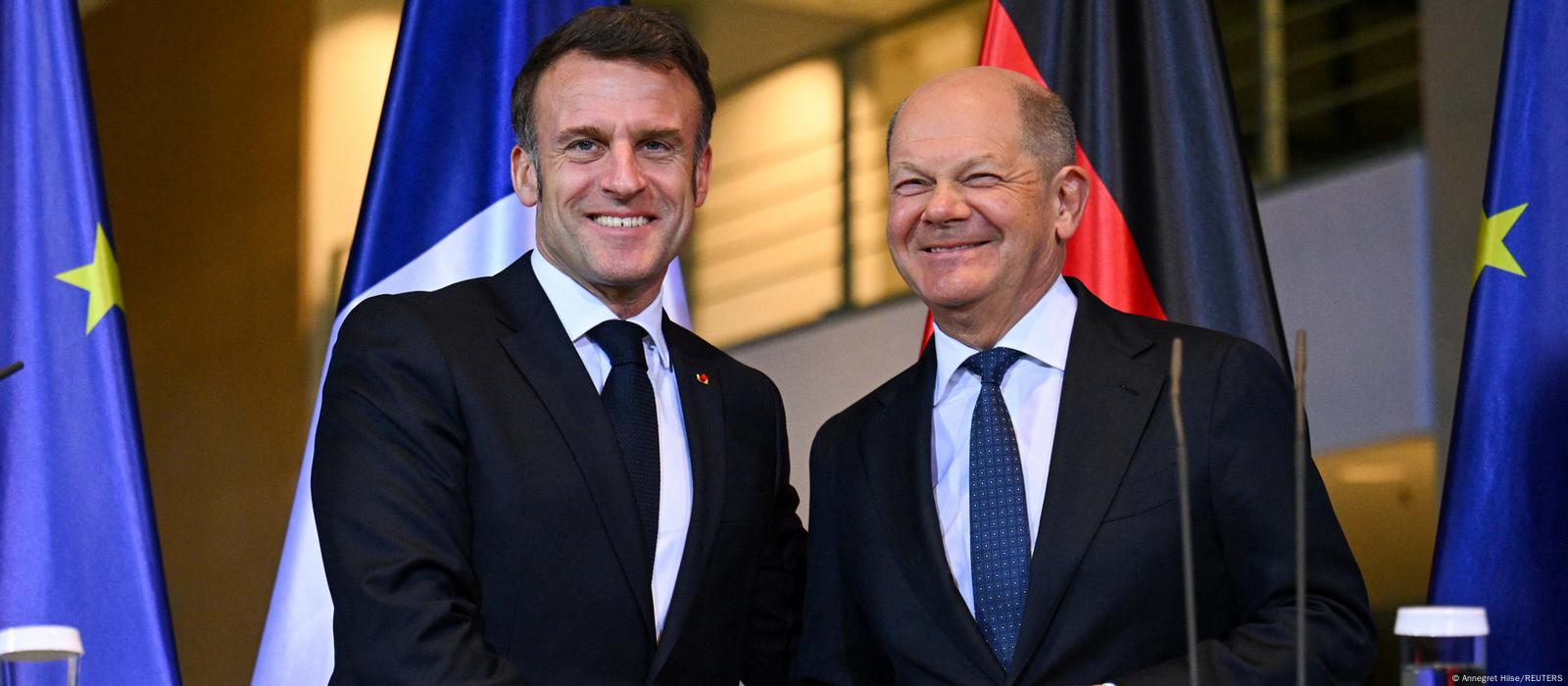At an upcoming meeting in London, the head of European diplomacy will discuss with the country’s foreign and defense ministers ways to increase pressure on Russia and ensure a just and lasting peace in Ukraine.
EU High Representative for Foreign Affairs and Security Policy Kaja Kallas will arrive in London on March 18 to discuss with the UK foreign and defense ministers “ways to increase pressure on Russia and ensure a just and lasting peace in Ukraine,” the British government announced on Monday evening, March 17.
The upcoming talks are described in the press release as “part of a new era of UK-EU relations.” They will focus on “coordinating cooperation on Ukraine and discussing efforts to increase economic pressure and ensure that Russia pays for the damage it is causing in Ukraine, as well as stepping up action against hybrid threats such as cyber attacks, election interference and rampant Russian disinformation,” London specified.
In addition, British Foreign Secretary David Lammy and Kaya Kallas will consider “increasing defense spending in Europe, including through innovative initiatives, and improving combat readiness in support of NATO,” the document says. According to Bloomberg, they will, in particular, discuss an EU proposal to allow EU member states to invest 150 billion euros of loans in defense equipment. These funds could be spent on arms purchases from non-EU countries such as Britain, Norway and Switzerland, the agency’s sources said.
British ministers on Ukraine and joining forces with the EU
“More than three years have passed since Putin’s illegal full-scale invasion and we face a once-in-a-generation moment for our continent. It is vital that we strengthen our partnership with the EU and work together to end this war and ensure the safety of all our citizens,” David Lammy was quoted as saying in the press release. He emphasized that the consequence of strengthening pan-European security will be a “strong and safe Britain”, and joining forces with European partners will ensure “a just and lasting peace in Ukraine”.
“European security starts in Ukraine. The UK and the EU are united in their determination to support Ukraine with the military power it needs to counter Russia’s illegal invasion and secure a lasting peace,” said British Defense Secretary John Healey.
UK and EU pressure on Russian Federation
The British government also cites figures on the current results of the pressure on Russia: the joint efforts of the UK and the European Union to impose sanctions on Russia have deprived its economy of $450 billion (410 billion euros) since February 2022. In addition, more than 120 thousand Ukrainian soldiers have been trained within the framework of the British Interflex program and the EU military advisory mission in Ukraine, the document says.
According to Bloomberg calculations, the EU, the G7 countries and Australia have frozen about 260 billion euros of assets of the Russian Central Bank in the form of securities and cash – mainly through the Belgian depository Euroclear. In addition, sanctions imposed on a number of “prominent Russian individuals” have frozen some €53 billion more of their assets, including homes, yachts and private jets.
London: More than 30 countries ready to send peacekeepers to Ukraine
More than 30 nations have expressed willingness to send their soldiers to take part in a peacekeeping mission in Ukraine, a spokesman for British Prime Minister Keir Starmer said earlier on March 17. “The opportunities for participation will vary, but it will be a significant force, a significant number of countries will contribute troops, and an even greater number of states will contribute in other ways,” the British official emphasized.
Asked whether the peacekeeping contingent would be allowed to return fire in case of Russian shelling, Starmer’s spokesman said, “It is worth remembering that Russia did not ask Ukraine when it deployed troops.” “We are holding operational planning meetings”, he explained.
Leaders of 26 Western countries, two senior European Union officials and NATO Secretary General Mark Rutte held a virtual meeting of possible participants in the “coalition of the willing” on March 15. Great Britain and France have already agreed to join the peacekeeping force.













